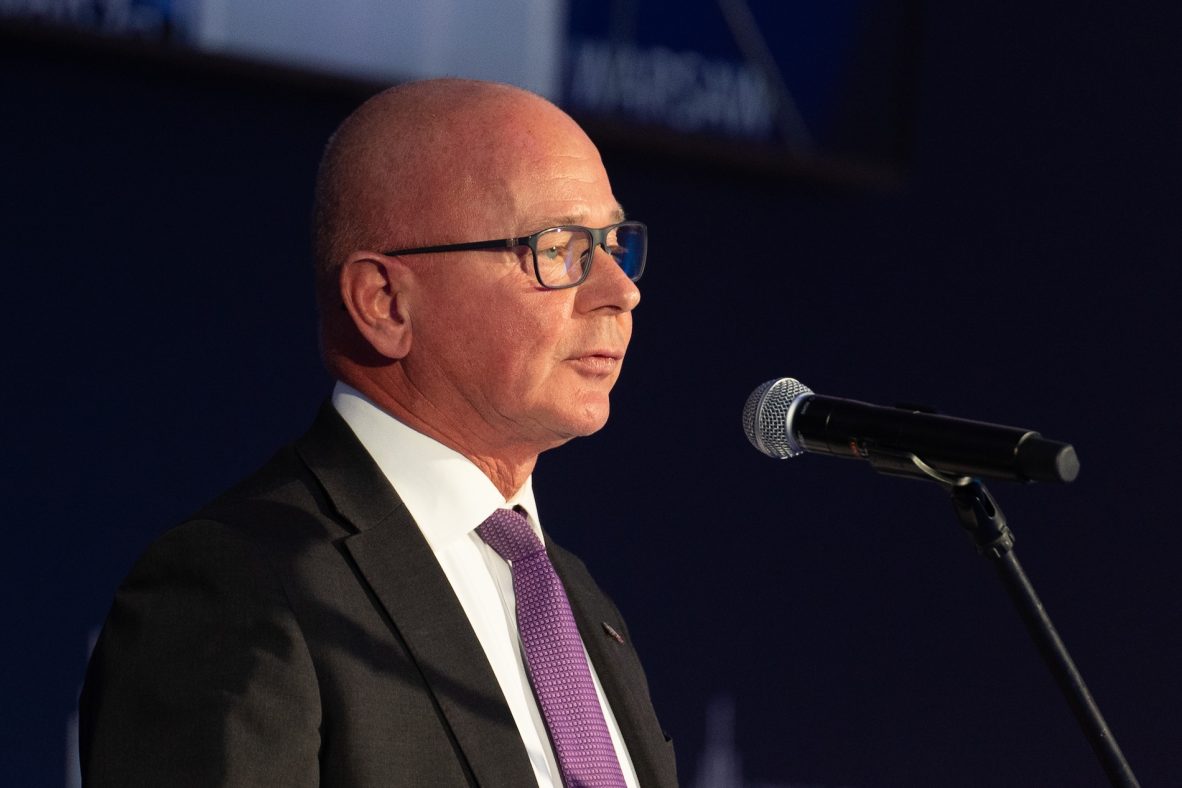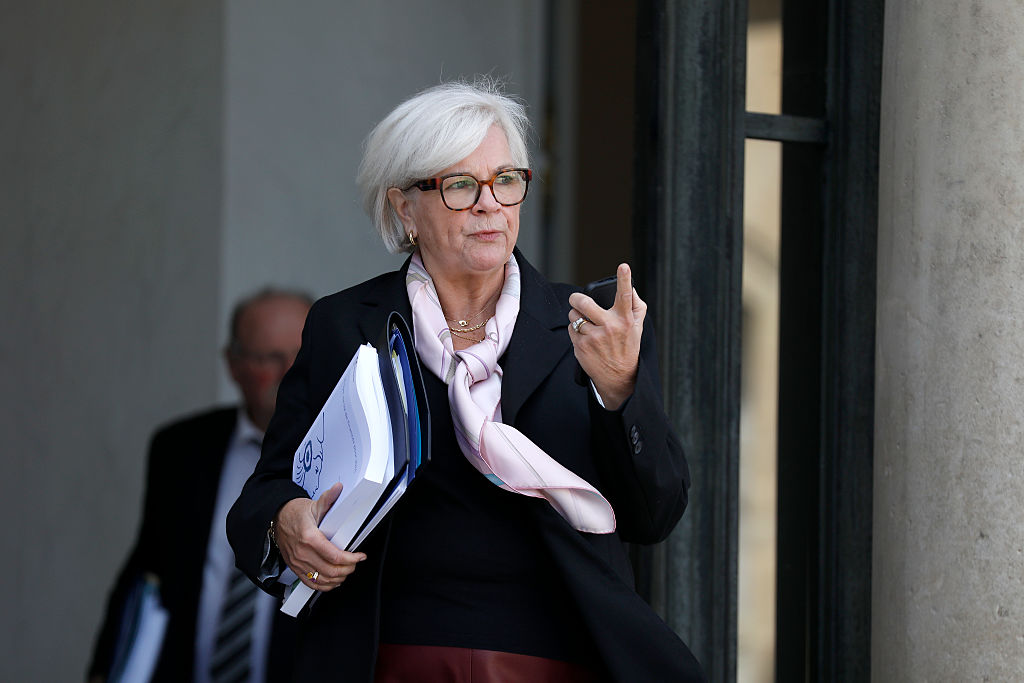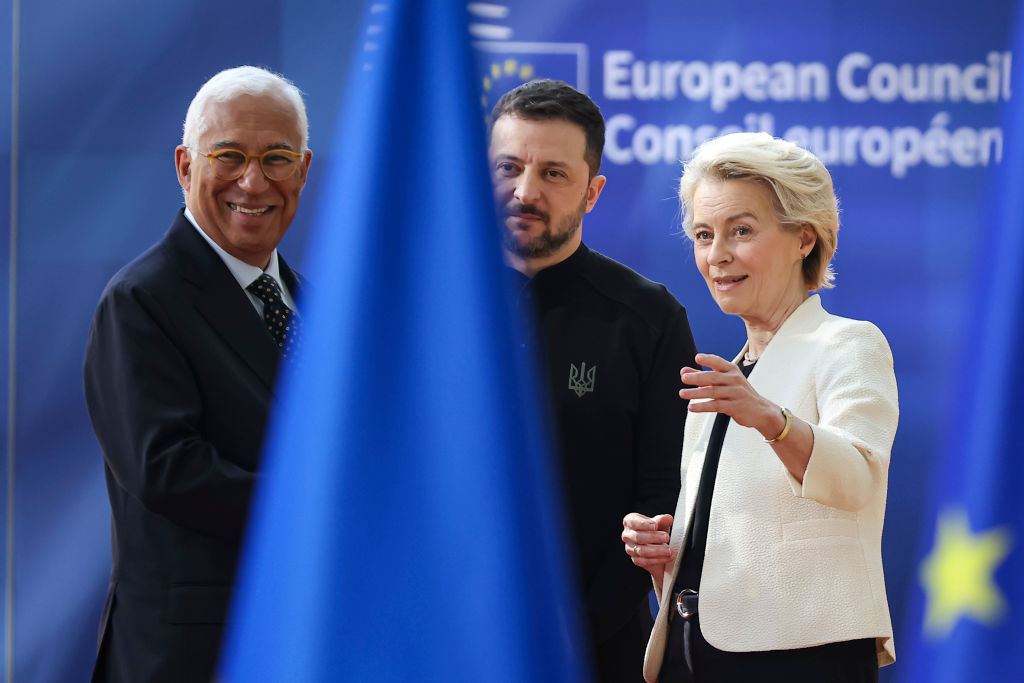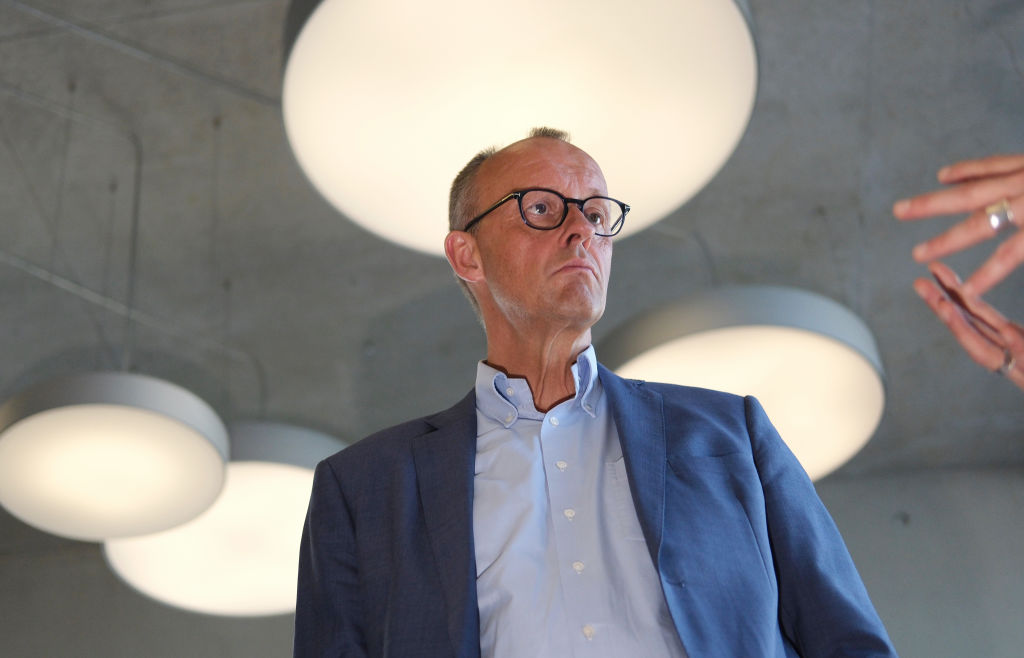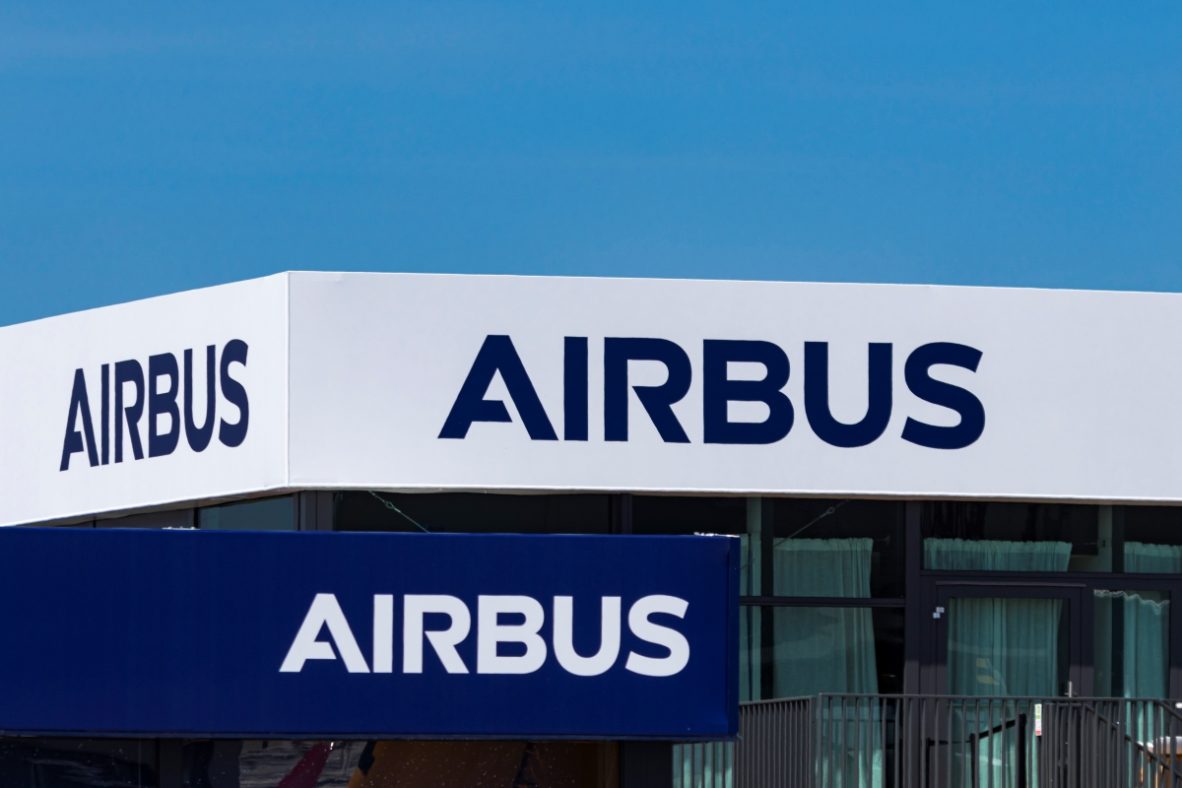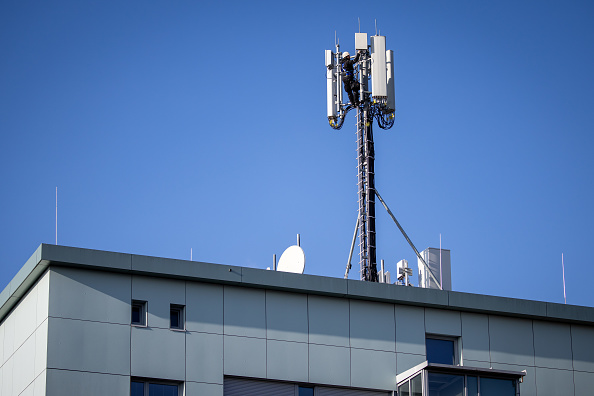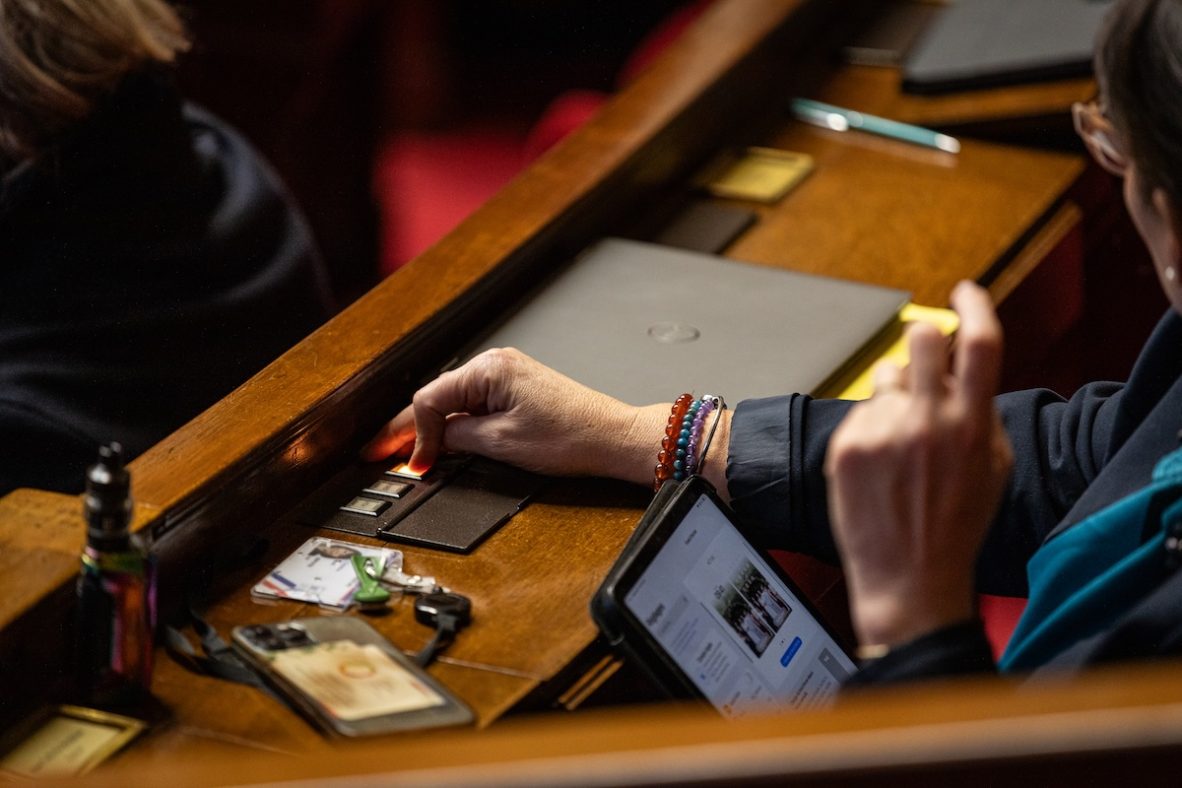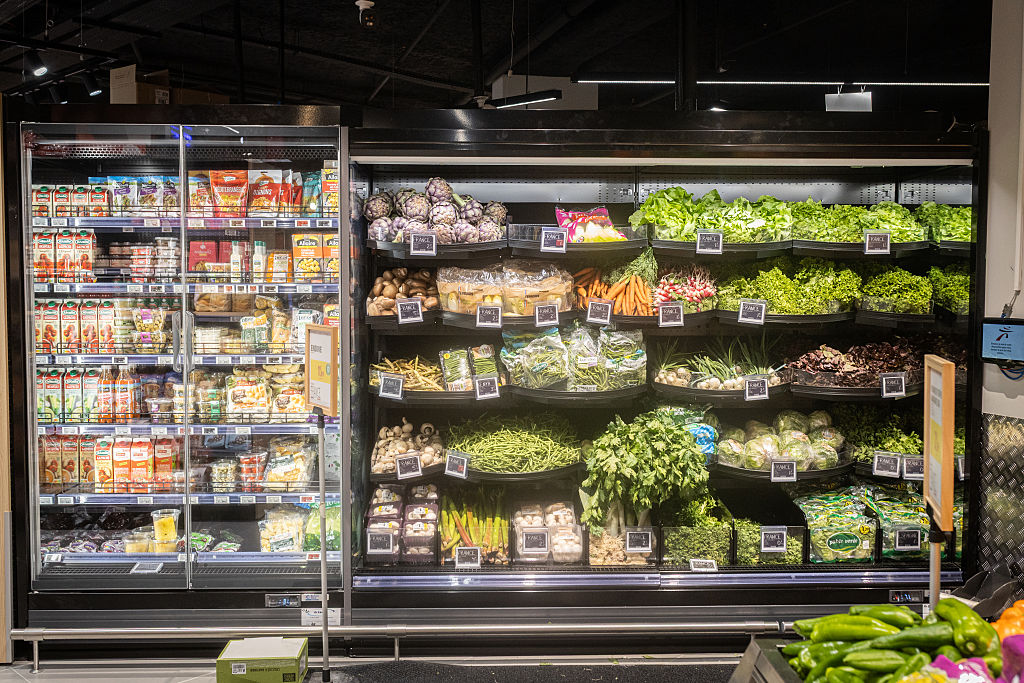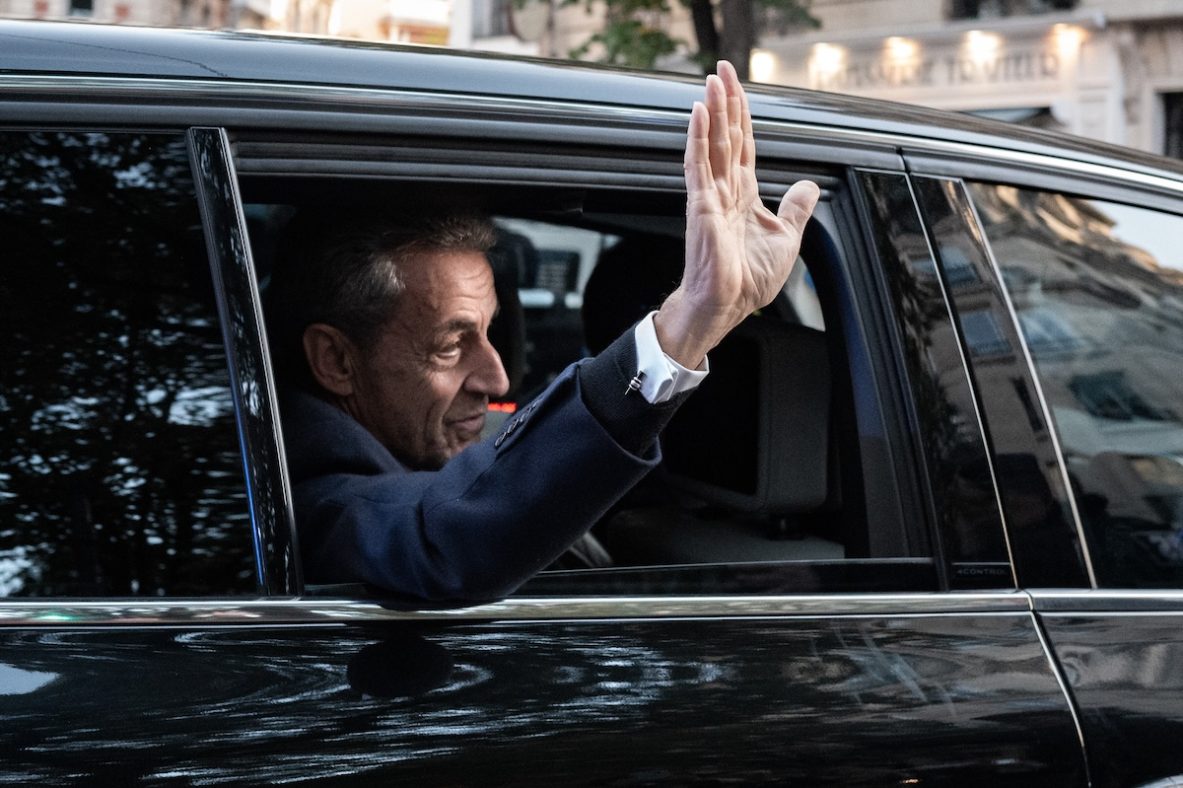France shifts messaging in fighter jet row with Germany
“France will be able to build a fighter aircraft on its own,” a French official told AFP on condition of anonymity

France could build a next-generation fighter jet on its own if its €100 billion project with Germany and Spain collapses, a government official said Wednesday, days after Paris pledged compromise.
“France will be able to build a fighter aircraft on its own,” said the French official, who asked not to be identified, according to AFP.
The remark came just days after the French defence ministry pledged to resolve disputes threatening the Future Combat Air System (FCAS) project. The comment adds another twist to a long-running spat over the project, which involves a stealth fighter jet, autonomous drones and a digital combat cloud. With the planning phase ending, a prototype fighter — the programme’s centrepiece — is due next.
Dassault Aviation, France’s leading military aircraft manufacturer and main contractor for the project, is demanding a stronger role in the decision-making process. This has drawn pushback from the German aerospace industry as Berlin and Paris face an end-of-2025 deadline to agree on a solution.
The French official’s line echoes Dassault CEO Éric Trappier comments at the opening of a new Rafale factory on Tuesday, following rumours that Germany was considering alternative partners. “If they want to do it on their own, let them do it on their own,” he said.
Last weekend, the French defence ministry struck a more conciliatory tone, pledging to reach “a mutually acceptable solution by the end of the year” and saying the partners remain “fully mobilised to prepare for phase 2.”
Berlin, for its part, was reported last week to be exploring alternative partners for the project. However, Defence Minister Boris Pistorius denied the claims on Wednesday, saying Germany is not in talks with the UK or Sweden.
Spain, meanwhile, has backed Berlin, with Prime Minister Pedro Sánchez insisting the original work-sharing pact must be respected.
The three countries are due to meet again in October to work on a solution by year’s end, though experts say Paris and Berlin are bound to remain in an uneasy partnership even as technical alternatives, such as joining the UK-led project or partnering with other countries, exist.
(cp, de)
